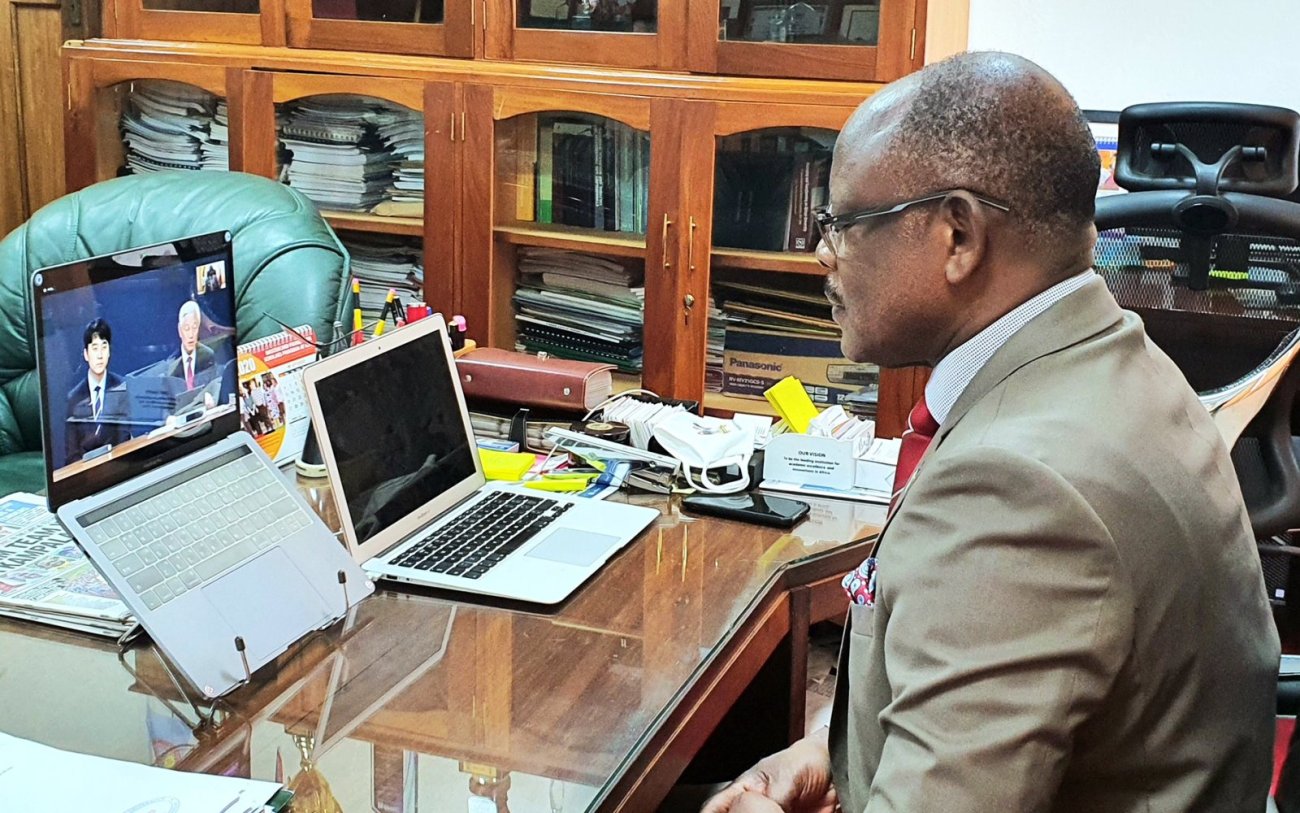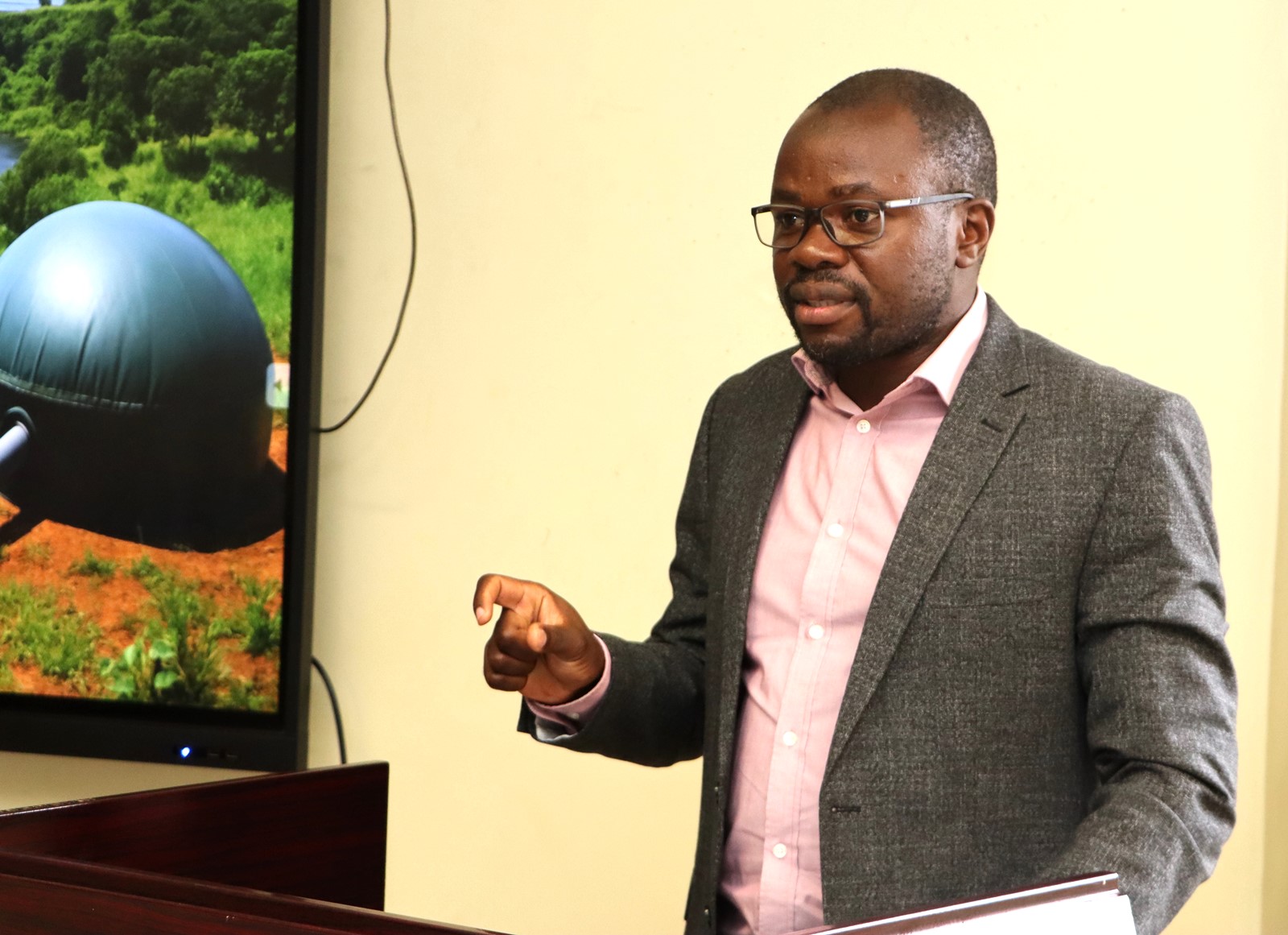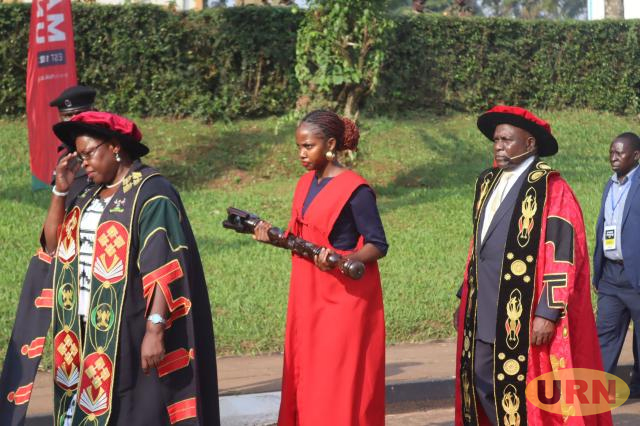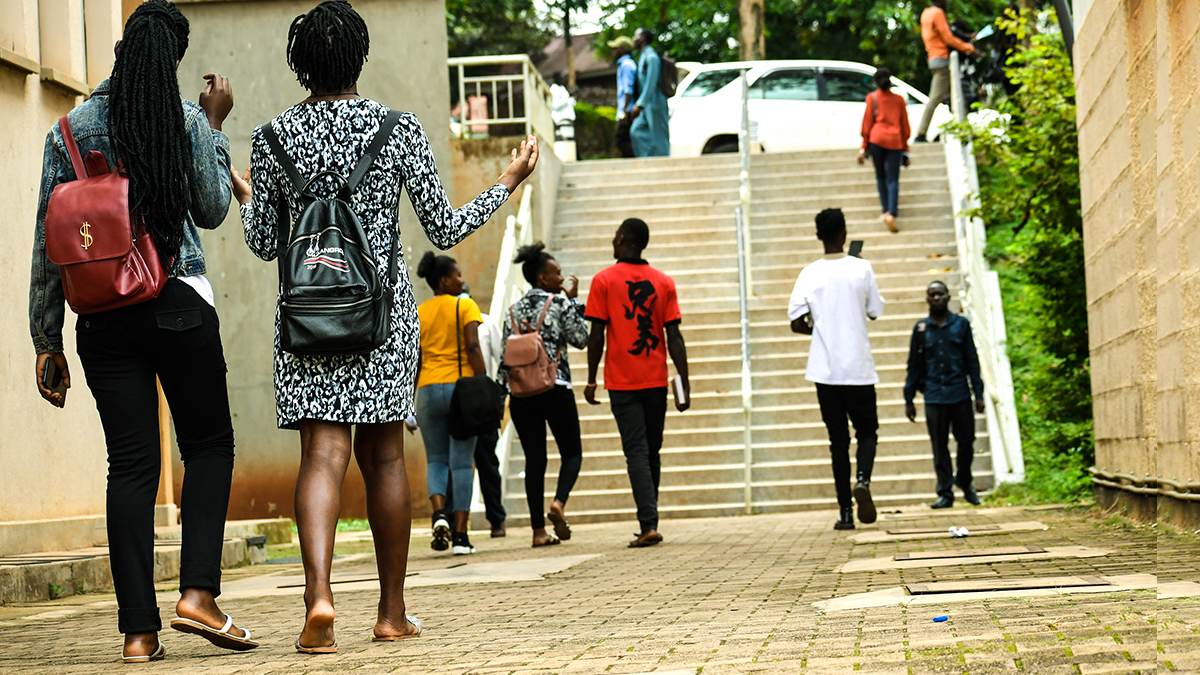Universities Launch Global Coalition to Support Refugee Education at Scale
16 universities from across the globe come together to improve and increase access to higher education for refugees and their communities.
Oslo, 12 September: In response to the urgent need for improved higher education programs and support services for refugees and their communities, several leading universities from three continents recently launched the Global University Academy to develop a universal higher education model. Universities based in Africa, Europe, and North America formed the Global University Academy following a workshop hosted by the University of Oslo in June 2024.
With just over 7% of the world’s fast-growing refugee population having some access to higher education resources, the Global University Academy was created to help support the UNHCR’s (UN Refugee Agency) goal of increasing refugee access to higher education to 15% by 2030. The Global University Academy will act as a network of mutual support in response to immediate refugee crises, while developing long-term resources for refugees and individuals affected by displacement in multiple contexts, to support their right to self-fulfilment.
Over the next 18 months, partners will develop a robust framework for foundation and bachelor’s degree level programs that are co-developed and locally embedded. The work will focus on mutual recognition of courses, assuring courses are relevant and of high standards, collaborating with local partners, securing long-term financial support, and evaluating the impact of the initiative.
To develop its long-term response, the Global University Academy will seek out potential university partners whose local communities have been impacted by large numbers of refugees to ensure a truly robust model can be co-created from the start. The Global University Academy will also build on the input of potential learners in refugee communities, refugee-led organizations, and other global voices. Local and global support is also pledged through the Norwegian Refugee Council, which already supports over 1 million refugee learners in primary and secondary education in over 40 countries, and UNHCR, which is the global leader on refugee higher education response and coordination. The Grieg Foundation has provided initial support for the development of the GUA.
The GUA secretariat is at the University of Oslo. Contact information: Marianne Knarud: marianne.knarud@admin.uio.no / www.globaluniversityacademy.org
GUA Members
University partners:
- Arizona State University
- Humboldt University of Berlin
- KU Leuven
- Makerere University
- Norwegian University of Life Sciences
- Paris Sciences & Lettres (PSL) University
- SOAS, University of London
- Southern New Hampshire University
- Stellenbosch University
- University of Bergen
- University of Cape Town
- UCLouvain
- University of Geneva
- University of Hamburg
- University of Oslo
- University of Oxford
Non-university partners:
- Norwegian Refugee Council
- UNHCR
- SAIH (the Students’ and Academics’ International Assistance Fund).
Quotes from partners:
Svein Stølen, Rector of the University of Oslo, said:
“Education is a human right, and we all need to do more to respond to the education needs of 120 million refugees and displaced individuals globally. With the Global University Academy, we are joining forces to give more people the opportunity to study and fulfil their ambitions.”
Jan Egeland, Secretary General, Norwegian Refugee Council, said:
“In all the war-zones I visit there are young refugees telling me, with desperation, that all their hopes were crushed when their university studies were interrupted by violence and displacement. “Can you help”, they ask. It has been heartbreaking to turn them all away. Now, with the Global University Academy, I can say: “Yes, perhaps your dreams can be realized after all”.
Francis Randle, Connected Higher Education Specialist, UNHCR, said:
“Higher education is crucial to providing self-reliance and sustainable solutions for refugees. The Global University Academy initiative ensures that through partnerships, refugees can access these life changing opportunities even in remote locations.”
Line Hegna, Director SAIH, said:
“As an organisation by and for students and academics, SAIH is proud to support the Global University Academy. In our work we meet brave students living in contexts of war and conflict, risking so much to be able to study. This initiative represents an act of solidarity to them from the global higher education community. Education is the most important tool we have to change the world, and everyone should have the opportunity to shape their own future and the society they live in – through education.”
Michael Crow, President, Arizona State University, said:
“Refugees forced to leave their homes suffer a myriad of losses. They should not also lose access to higher education. There are many brilliant and deserving students among the world’s refugees. It is proven through history that refugees are innovators. Giving them pathways to further education not only lets them develop their individual potential but also benefits their communities, their host countries, and the world. Returning refugees with skills and global perspectives are also key to recovery and development in nations when conflicts end. ASU is proud to play a part in refugee education globally and locally.”
Yoan Vilain, Vice-Provost for International and European Affairs, Humboldt-Universität zu Berlin, said:
“For the past 10 years, Humboldt-Universität has been actively supporting refugees here in Berlin. With this new initiative, we are building on our experience and expanding our understanding of global responsibility by offering educational programs to refugees, wherever they may be.”
Luc Sels, Rector KU Leuven, said:
“Education means hope and a chance for a prosperous future. Working with this alliance with ambitious goals allows us to be better together than alone and work for those who need us the most.”
Siri Fjellheim, Rector Norwegian University for Life Sciences, said:
“Education is a powerful tool for change and growth. By investing in the education and employability of refugees, we are not only helping individuals to rebuild their lives but also enriching our communities with their unique talents and perspectives.
El Mouhoub Mouhoud, Acting President of Université PSL, said:
“Claiming to be a global university entails responsibilities towards all students whose access to education is impeded whether for economic, social or political reasons. Beyond the immediate human tragedies caused by conflicts, the destruction of places of culture and sociability, universities, libraries… has lasting consequences that transcend borders. PSL’s commitment to this programme is also addressed to the academic communities affected by these conflicts who can, through the GUA, become actors of the reconstruction within their own communities and countries.”
Joanna Newman, Deputy Vice Chancellor at SOAS, University of London, said:
“SOAS, University of London, is proud to support this global initiative and will bring its unique focus and expertise on the Global South to bear in providing education, training and research in collaboration with others.”
Lisa Marsh Ryerson, President, Southern New Hampshire University, said:
“We’re excited to join the GUA to continue to bring higher education within reach of more refugees across the globe. Education is a core social determinant of health with the power to make lasting impacts on individuals and communities. As institutions of higher learning, it’s our responsibility to come together and find ways to increase access to high-quality education and support for refugees and displaced people so they can flourish and live healthier lives.”
Hester Klopper, Deputy Vice-Chancellor: Strategy, Global and Corporate Affairs, Stellenbosch University, said:
“This partnership demonstrates a united commitment to break down the barriers that refugees face in accessing higher education. Education is a fundamental right, and through the Global University Academy, we aim to ensure that all refugees can have the opportunity to pursue their dreams and fulfill their potential. By coming together, we also foster hope and a brighter future for individuals and communities affected by displacement. “
Margareth Hagen, Rector at the University of Bergen, said:
“Higher education is a key element to build resilient and sustainable societies. Refugees around the world already have various forms of education as well as formal and informal competences but they should have the opportunity to take part in higher education during their time of displacement. UiB is proud to be part in the endeavors of establishing the Global University Academy.”
Linda Ronnie, Deputy vice-Chancellor: Teaching and Learning at the University of Cape Town, said:
“As universities we have a critical role to play in addressing the disparities in our societies and across the globe, and in ensuring access to education among the most marginalised and vulnerable. The University of Cape Town is proud to be associated with this initiative.”
Françoise Smets, Rector of UCLouvain, said:
“Far too many refugees around the world are denied the opportunity to cultivate their talents through higher education. By joining forces as a consortium of universities and refugee organizations, we can create a robust framework that can be swiftly and efficiently deployed during crises to address the training needs of refugees.”
Karl Blanchet, Academic Director of InZone, University of Geneva, said:
«University of Geneva has understood the importance of making academic courses available to refugee populations in the world. Through the InZone programme, refugees in Jordan, Kenya and Niger have access to a range of university courses to help them rebuild their future or prepare their inclusion in host countries. Joining forces with other universities is an incredible opportunity to scale up the efforts.”
Hauke Heekeren, President of the University of Hamburg, said:
“Creating equitable access to education is a core mission for sustainable development, but creating such access for those displaced from their homes or forced to flee: this has particular importance. This task requires the support of many and it is an honor for us as University of Hamburg to join hands together to do just this.”
Alexander Betts, University Local and Global Engagement Officer, University of Oxford, said:
“Higher education can be transformative for refugees and displaced people, offering opportunities for social mobility and professional development. As a University of Sanctuary, Oxford is committed to expanding scholarships for students with displacement backgrounds, undertaking impactful and refugee-led research, and partnering locally and globally to expand opportunities for displaced people.”


 General2 weeks ago
General2 weeks ago
 General1 week ago
General1 week ago
 General5 days ago
General5 days ago
 General2 weeks ago
General2 weeks ago
 Health1 week ago
Health1 week ago














